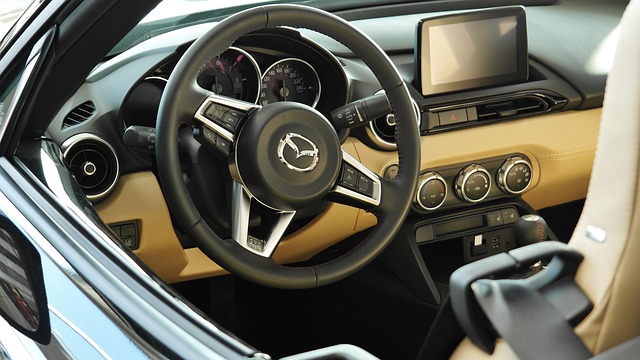
After the first death involving an autonomous vehicle, Uber announced this week that it would be suspending its testing of self-driving vehicles after a pedestrian was struck and killed. Initially, this created a bit of a panic, and Tesla Inc. (NASDAQ:TSLA), which has been in a free fall lately, only continued to decline on the news.
Police suggest Uber not at fault
However, self-driving enthusiasts can breathe a little easier today, as Police Chief Sylvia Moir said, “Preliminarily, it appears that the Uber would likely not be at fault in this accident.”
Reports indicate that the woman that was killed in the accident had walked out in front of the car, and that there was minimal time to react; “It would have been difficult to avoid this collision in any kind of mode.” Speed did not appear to play a big factor, as the vehicle was travelling just 38 mph.
While it’s an unfortunate incident for those involved, it’s an important reminder that while autonomous vehicles can improve safety, it’s also impossible to account for every possible situation, especially those when even a human being would struggle to prevent an accident.
Uber’s competitor recently partnered with another self-driving stock
Magna International Inc. (TSX:MG)(NYSE:MGA) is one stock that has been front and centre of the self-driving revolution in Canada as it continues to develop its MAX4 system. The auto parts maker recently secured a deal with Uber’s main competitor, Lyft.
The deal would see the two companies work at producing the “brain” of self-driving vehicles, which then Magna could sell to car manufacturers that might otherwise not want to spend a lot on research and development to make their own component and can instead just buy one.
Negative press in the industry could hurt everyone, not just Uber
While Lyft was not involved in the accident, negative press for the industry could be devastating since share prices are gaining a lot of momentum from excitement and hype in the industry. In the past year, Magna’s stock has risen more than 20%, and there could be more on the way as the company continues to develop its technology.
If investors start to have second thoughts about the safety and viability of driverless vehicles, then that could put several stocks at risk.
Magna is still a very good buy
For all the excitement in the industry, investors simply haven’t given much love to Magna, despite strong gains in the past year, as in the past three months the share price has declined 2%. The company had a strong Q4 recently and trades at very reasonable multiples that would be attractive to value investors.
However, the stock is in stark contrast from Tesla, which is living off of hype, whereas Magna has been posting strong profits and is having trouble gaining much momentum.
Bottom line for investors
When looking at a stock, it’s important to factor in industry-wide conditions that could play a big role in the company’s future. If a company is doing well but the industry is not, it doesn’t matter if it’s the best-run company in the industry; there might not be enough growth opportunities to consider it a buy.







